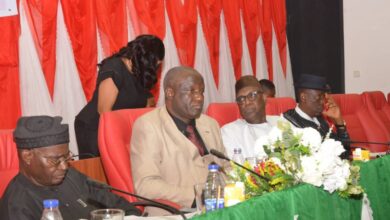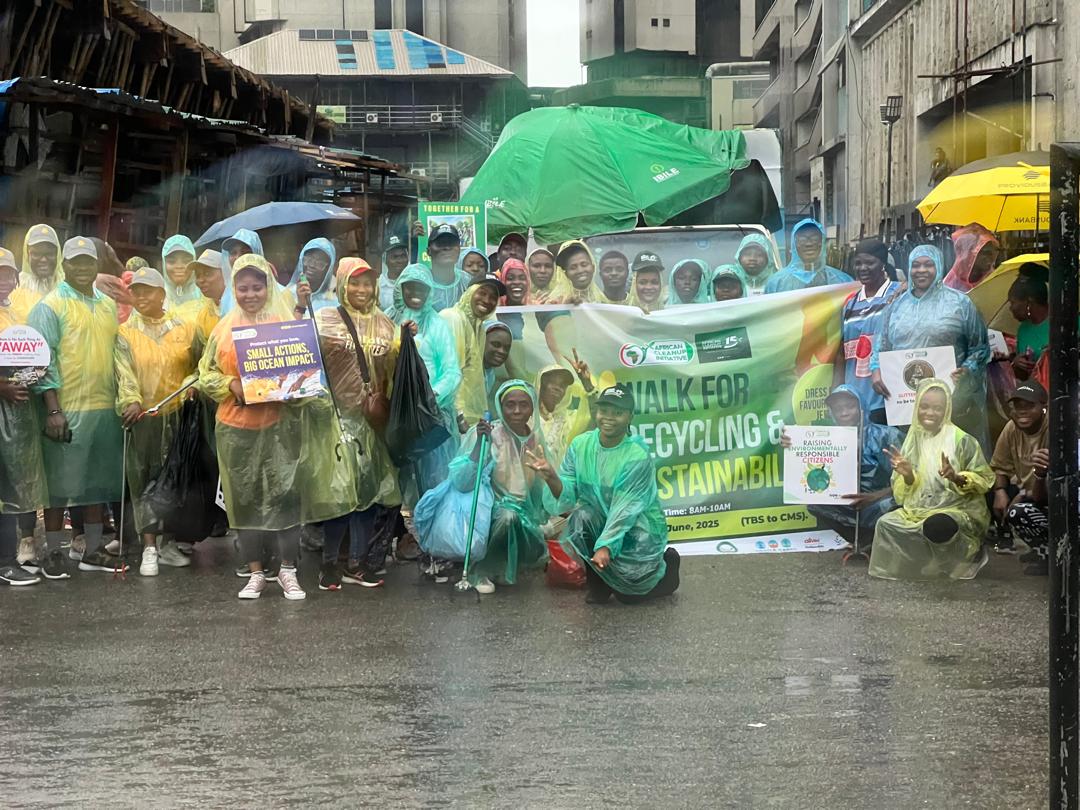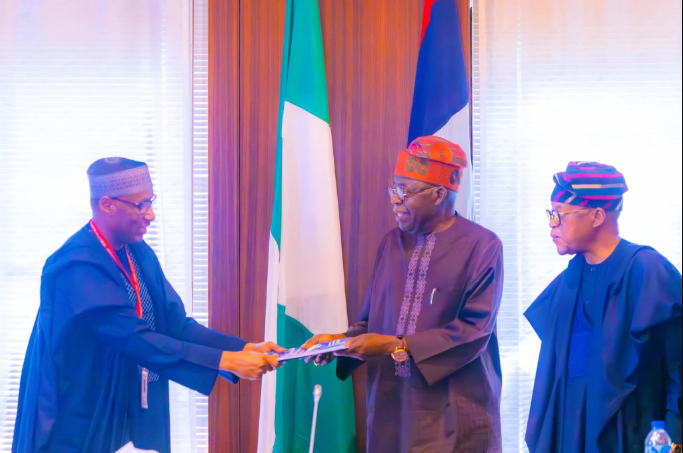WPFD: CJID, Konrad Advocate’s for Striking Issues Confronting Journalists in Environmental Dilemma

By Fatima Saka
As the whole world commemorates World Press Freedom Day, the Center For Journalism Innovation and Development (CJID) in partnership with Konrad Adenauer Stiftung has taken the initiative to advocate for journalists across the globe, particularly those facing the environmental crisis in the cause of reporting in Nigeria.
Worldwide, journalists are faced with unspeakable circumstances, harassment, threats, imprisonment, violence, even death at the frontlines of their duties.
With this year’s theme emphasized on “A Press for Planet: Journalism in the Face of the Environmental Crisis”.

The Chief Executive Officer, Centre for Journalism Innovation and Development, Mr. Dapo Olorunyomi on Friday in Abuja reiterated some of the broader challenges confronted with the journalism profession is how to build self-awareness for the purpose of helping achieve the goal of democratic consolidation in the country.
He emphasized that If democracy fails, Nigeria cannot endure and for the country to remain, the press must return to the most ethical and most professional way.
The CEO ascertained that: “ the duty of responsibility is to fulfill three rules that are traditional to that of the press in a variety of democracies. These three rules are one, holding power accountable in the spirit of section 22 of our constitution, which the earlier parliament has very eloquently and deeply spoken about, and of the many treaty language that has pledged, that we as a nation have pledged to.
“The second is that we must have bold ideas about the development of the country. The press needs to double down on the belief that people, ages and companions can bring about the action we need if we are to live in balance with the planet in a free world.
He emphasized on the theme of this year’s, adding that it’s a Pride Triumvirate, of building a planet, a planet-friendly world, “On the multiple agendas we must have promoted, at an unprecedented moment in human history in which and i think this is very important for our colleagues that we are at one moment in the history of the world where human activities have become a dominant force shaking the planet this impact this impact interact with existing other receipt patterns like inequalities in our society like you know ethnicity and all those kinds of very difficult challenges.
“ And if we are going to make progress, it is the duty of the media to help show us, the press in particular, that nothing short of a great transformation is how we have to now lead, how to work, and how we have to cooperate as a people in a way to fight an uncertain future,” the CEO of CJID.
Emphasizing on the pressing issues affecting the journalism professions.
In keynote address, Honorable Akin Rotimi stressed on the issues confronting journalism in Nigeria, adding that the dearth of funding, lack of professionalism to a very large degree. “I mentioned yesterday in my interventions that to become a doctor you need a medical degree, to be a lawyer, you have to go to law school. And even commit to progressive education, an accountant, there are certain gateways.
“But today, what are the gateways to the practice of professional journalism? It’s like anybody can just sit down and you open a tab, you open your platforms, you’re a journalist. And these are the issues. When we were growing up, I remember we didn’t have so many media houses. There wasn’t the internet. There wasn’t anything like that. And anything you heard on TV or you read in the papers or you listened to on radio is confirmed”.
Speaking on the importance of press in the tarring of democracy, in her speech, Mrs. Busola Ajibola stressed that journalism is the lifeblood of democracy.
She ascertained that Nigeria is not an easy place to be a journalist, “so I would like to use this opportunity to salute your courage.”
Ajibola expressed that despite the travail and the oppression, Nigerian’s journalists ensured that the voices of the society continued to soar. “And so it’s important to let you know that we see your bravery, we see your courage, and we acknowledge it.”
“We don’t have guarantees, we do not have promises that there’s a way to get better. Very soon. But you can be sure that we are rooting for you. That we believe in what you do, we believe in your capacity to transform this democracy. And to just also mention that because we also understand that you are human beings.”
Also speaking, in his remarks, Mr. Lukas Liable, Deputy Resident Representative Konrad Adenauer Stiftung, Nigeria emphasized that freedom of speech is the asset of every free society and every democracy, that there will be no free press, and without a free press, no society can be free.
He stressed that being a journalist in a country like Nigeria comes with a huge responsibility. “A responsibility that can’t be overestimated. You are the transmitter for the public. It is on you. It is on you to provide informed and valid news to the people of Nigeria.
“It is not only to cover what happened. It is to provide accountability to the people. As an example, just copying a press statement of a political office holder or their media is just not enough. Doing that, it is not keeping someone accountable.
“You need to check if the things said are valid, if they make sense, if they fit what these people said before. If you don’t do that, you are more like a media aid for someone than a transmitter for the people of the free society.”





